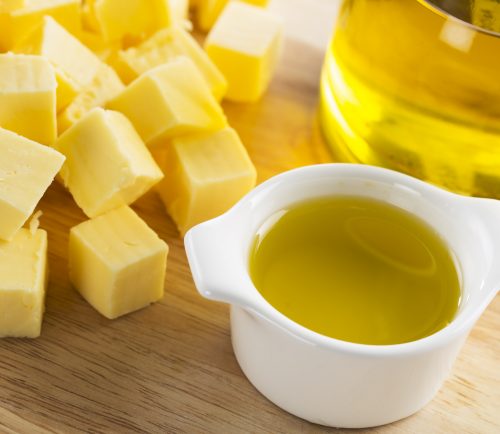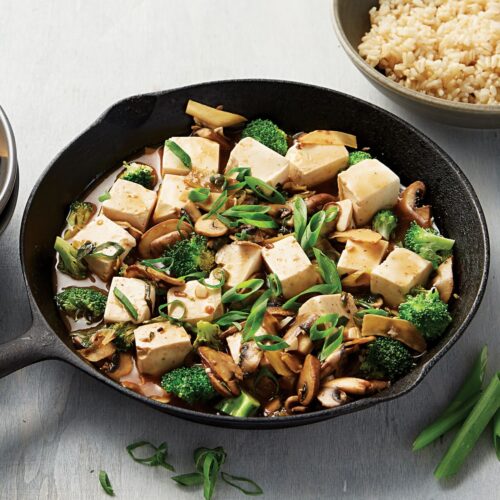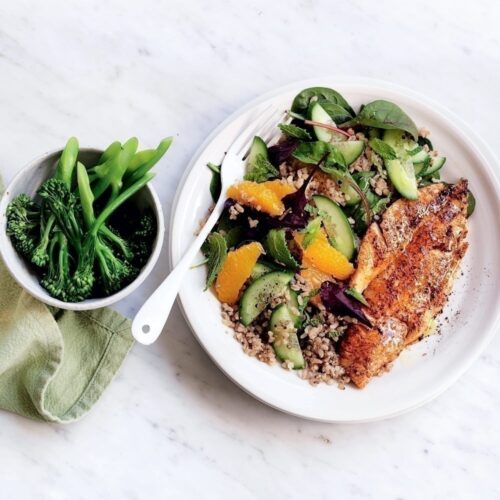
Butter’s popularity (and price) has been on the rise recently, but is it a good option for cooking? We compare the nutritional profile of butter and canola oil to see which is best.
Butter

Per 1 tablespoon (14g) serve: 411kJ, 11g fat, 7g sat fat, 74mg sodium; $0.17
vs
Canola oil

Per 1 tablespoon (14g) serve: 514kJ, 14g fat, 1g sat fat, 0mg sodium; $0.08
Using butter or canola oil when cooking stops food sticking to the pan and gives a nice golden colour to your kitchen creations. Fats also change the feeling of food in your mouth and give you fat-soluble vitamins.
The types of fat in butter and canola oil are very different. Butter contains 11g fat per tablespoon, 7g of which are saturated fats. Remember, the recommended daily upper limit in an 8700kJ day is just 24g saturated fat. Canola oil contains more fat, but only 1g saturated fat per tablespoon. Instead, canola oil has mainly monounsaturated fats which are good for heart health.
When it comes to the sodium content of butter, unless you choose the unsalted variety, you’ll get 74mg sodium for each tablespoon. There’s no sodium in canola oil.
When it comes to cooking, canola oil is great for both high and low heat cooking. Butter burns easily, and should be used for low-medium heat cooking or baking only. Using canola oil or butter at the wrong temperature range changes the taste of food and damages the antioxidants. Canola oil can also be used in baking instead of butter.
Canola oil is best for all heat types, contains mainly healthy monounsaturated fat and no sodium, but has slightly more energy. With the amount of saturated fat butter contains, it is best kept to a minimum in the diet, which is helpful given the price difference right now too.
www.healthyfood.com










